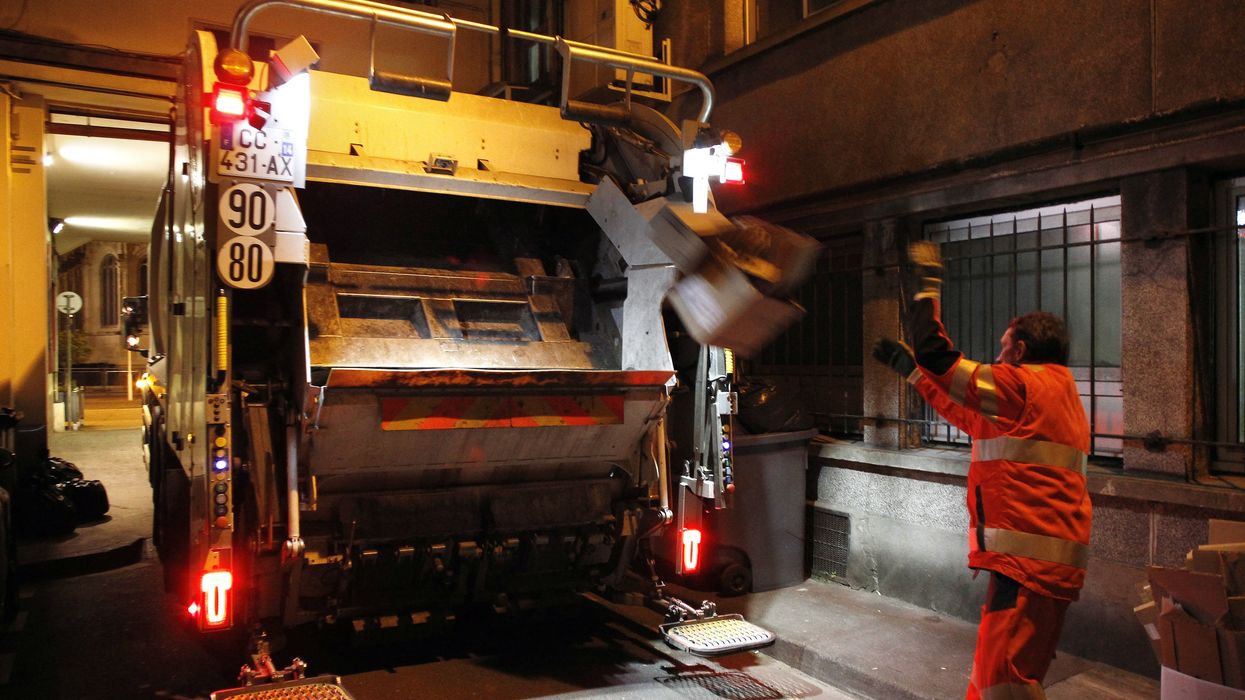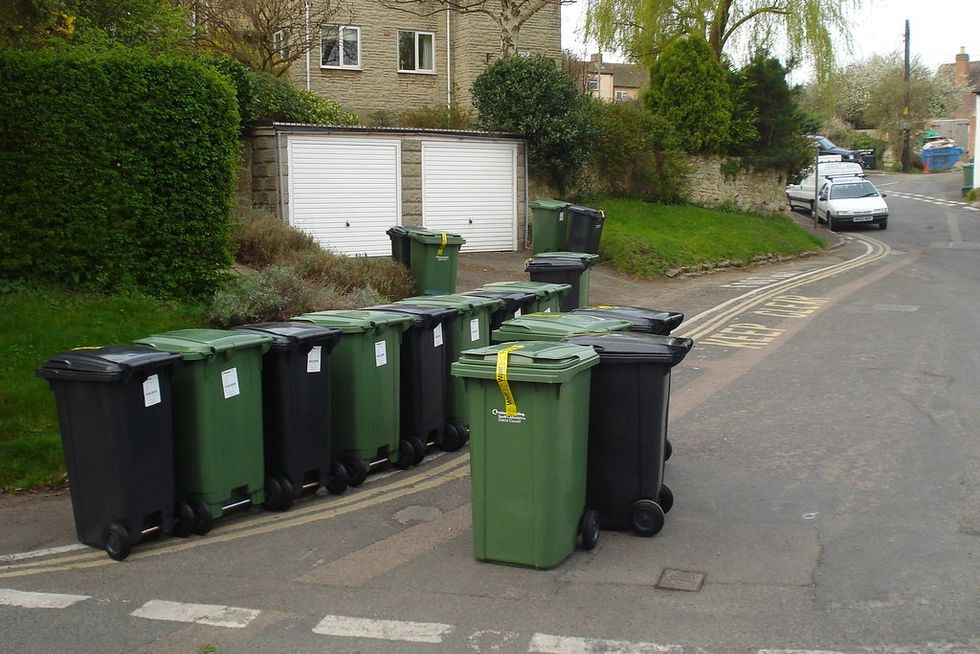Net zero local councils spend £1.5 MILLION buying new diesel-powered vehicles

The councils are set to purchase eight new vehicles – six 26-tonne diesel lorries and two 18-tonne diesel narrow access lorries
|Getty

South Oxfordshire and Vale of White Horse district councils are aiming to be carbon neutral by the end of the decade
Don't Miss
Most Read
Local eco-friendly councils in Oxfordshire have been slammed after spending £1.5million on new diesel-powered vehicles.
South Oxfordshire (SODC) and Vale of White Horse district councils have been critiqued for being “all words and no action” after purchasing the new waste bin lorries.
Both councils are aiming to become carbon neutral by the end of the decade.
In a joint statement from both councils, they said that their decision to shell out £1.5million on the vehicles was due to the “limits of EV technology”.

Vale of White Horse district council, alongside SODC, have bought eight new vehicles
|Vale of White Horse district council
They said it was not yet possible to convert to a fleet of lorries that are fully electric.
The councils are set to purchase eight new vehicles – six 26-tonne diesel lorries and two 18-tonne diesel narrow access lorries.
An electric food waste collection van costing £306,000 will also be bought by the councils.
Councillor Ian Snowdon, who represents Didcot West in SODC, slammed the decision.
LATEST DEVELOPMENTS:
- Fly-tipping hell: Major supermarket axes recycling bins with fears over huge pile ups of waste
- Trying to do the right thing: Pensioner who has picked litter for 25 years told he needs a licence by red-tape council
- 'I deserve better!' Family forced to pay £55 for bin collection left stunned after neighbour's rubbish picked up for FREE
The Conservative councillor said: “Despite all their comments and promises on leaflets, their actions speak louder than words.
“They haven’t got any joined-up thinking to tackle the climate emergency.
“It’s all words and no action.
“If we’re in a climate emergency and they need to take drastic measures, then why are they doing exactly what they say others shouldn’t be doing.”
The council’s joint statement explained their decision: “Some of our waste fleet will need replacing soon, and so to help reduce carbon emissions and improve local air quality, we’ve been trialling electric vehicles on some of our rounds.
“Following these trials, we are looking to buy an electric truck for food waste collections.

The district councils have been critiqued after purchasing the new waste bin lorries
|Flickr
“Frustratingly, the current limits of EV technology mean they’re not yet viable for the larger waste trucks in our large, rural districts.
“We will keep the situation under review, but unfortunately, there’s currently no viable zero-emission option for our larger waste vehicles.”
SODC Green group leader Robin Bennet defended the move, saying he was “very proud” of the district council’s commitment to tackling climate change.
He said: "While the new vehicles being purchased will be more efficient than the ones they replace, I hope we can further investigate the use of recycled vegetable oil to fuel them.
"Although there are challenges around availability, cost and certification of such fuel, known as HVO (hydrotreated vegetable oil).”
He admitted that whilst electric vehicles would be more desirable, their need for frequent recharging is limited in rural areas.
He finished: “We certainly expect that the council’s new waste depot will enable much wider use of sustainably-powered vehicles.”










